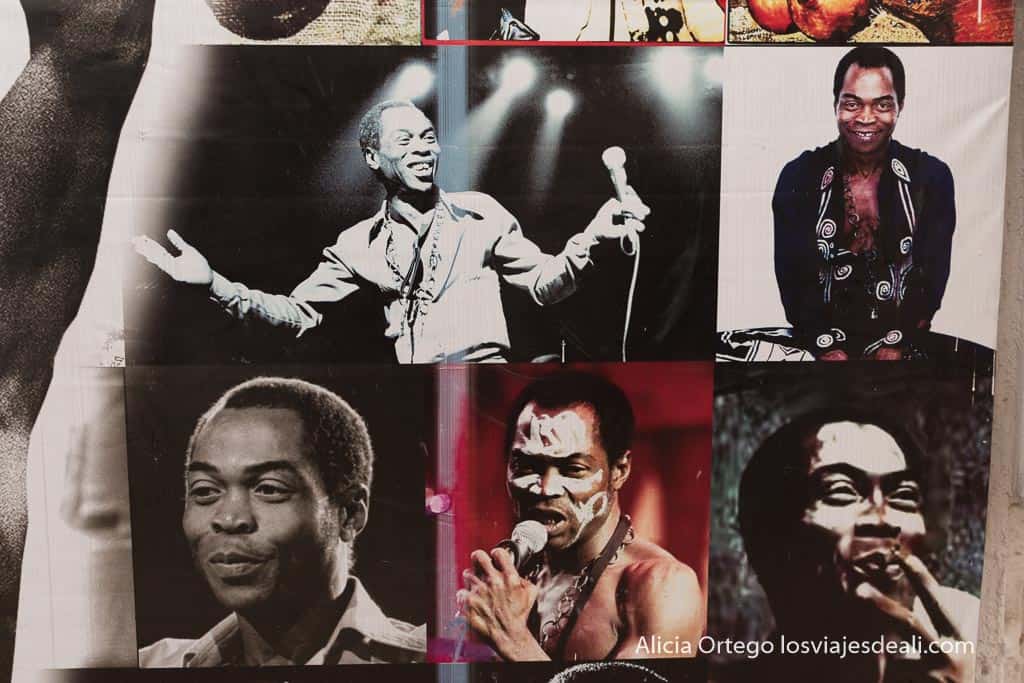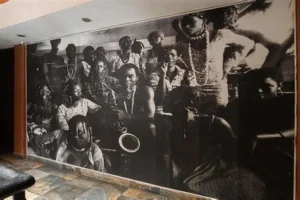Lagos: The Undisputed Capital of Afrobeats
In the grand narrative of African music, no city has carried the rhythm, ambition, and energy of Afrobeats quite like Lagos. More than a geographical location, Lagos is a cultural ecosystem a restless city that births new sounds daily and exports them to the world. From Fela’s protest horns to Rema’s digital swagger, Lagos has become both the laboratory and launchpad of modern African music.
The Origins of a Sound
Afrobeats the genre now commanding global charts traces its roots to Fela Anikulapo Kuti’s Afrobeat revolution of the 1970s. Lagos was the heartbeat of that movement. The Shrine, Fela’s legendary performance space in Ikeja, wasn’t just a venue; it was a classroom, a protest ground, and a temple of rhythm.
Decades later, that same spirit of innovation and defiance still defines Lagos’ creative pulse. Artists like 2Baba, D’banj, and Don Jazzy turned the city’s chaos into rhythm, building the early foundation for the pop-driven, danceable sound now recognized worldwide.
A New Era of Global Dominance
Today, Lagos stands at the center of a billion-stream movement. Its streets, studios, and nightlife feed the ambitions of artists who dream beyond borders.
From Wizkid’s Ojuelegba a love letter to his Lagos roots to Burna Boy’s Grammy-winning Twice As Tall, the city’s essence echoes across every global hit. The Lekki–Surulere–Ikorodu triangle has become the creative axis where producers, videographers, and digital tastemakers converge.
The Lagos studio scene, from Mavin Records to Spaceship Collective, embodies both collaboration and competition a spirit that pushes Afrobeats to evolve faster than any other genre on the continent.
The Business Behind the Beat
Beyond artistry, Lagos has grown into the business capital of African entertainment. Record labels, management agencies, streaming hubs, and PR houses all operate from the city, shaping its ecosystem into a self-sustaining industry.
Platforms like Audiomack, Boomplay, and Spotify Africa have strategically invested in the Lagos scene, hosting showcases and building data-driven tools for local artists. The city’s concert calendar from Flytime Fest to Detty December cements its role as a continental stage for Afrobeats excellence.
Challenges and Cultural Resilience
Yet, Lagos is not without its contradictions. Behind the glamour lies a constant struggle limited infrastructure, high costs of creative production, and inconsistent government support. Still, this adversity fuels the innovation that defines Lagosian artistry.
Artists turn traffic into inspiration, chaos into melody, and survival into storytelling. That alchemy the ability to create magic in the midst of madness is what makes Lagos not just the capital of Afrobeats, but its soul.
A City That Never Stops Creating
Every night in Lagos, somewhere between a cramped studio in Surulere and a rooftop party in Victoria Island, the next global sound is being recorded. The city has become a melting pot of genres fusing Afropop, street-hop, drill, and amapiano into something uniquely Nigerian.
Lagos doesn’t just create stars; it creates eras. And as Afrobeats continues its global rise, the world is slowly realizing what Nigerians have known all along: all roads in African music lead back to Lagos.



Leave a Reply